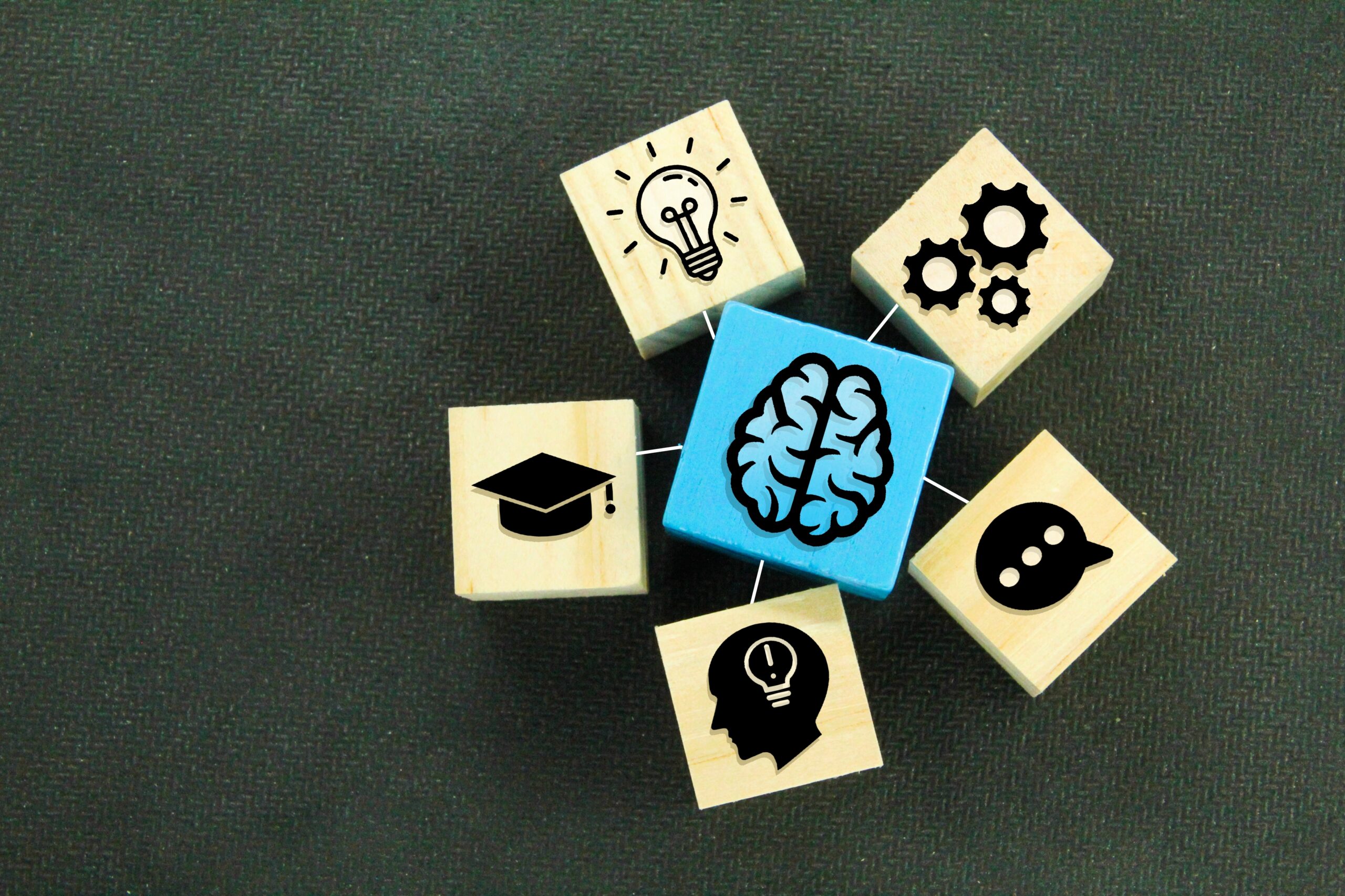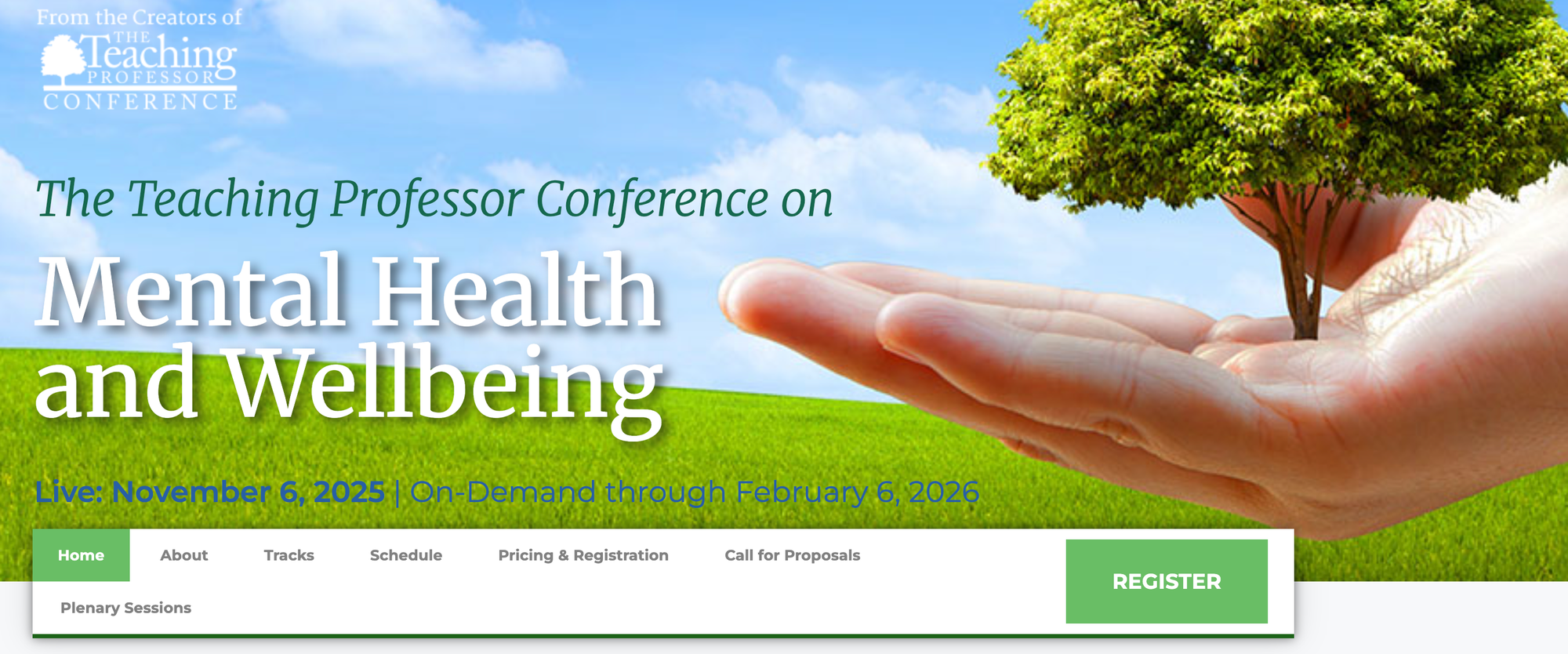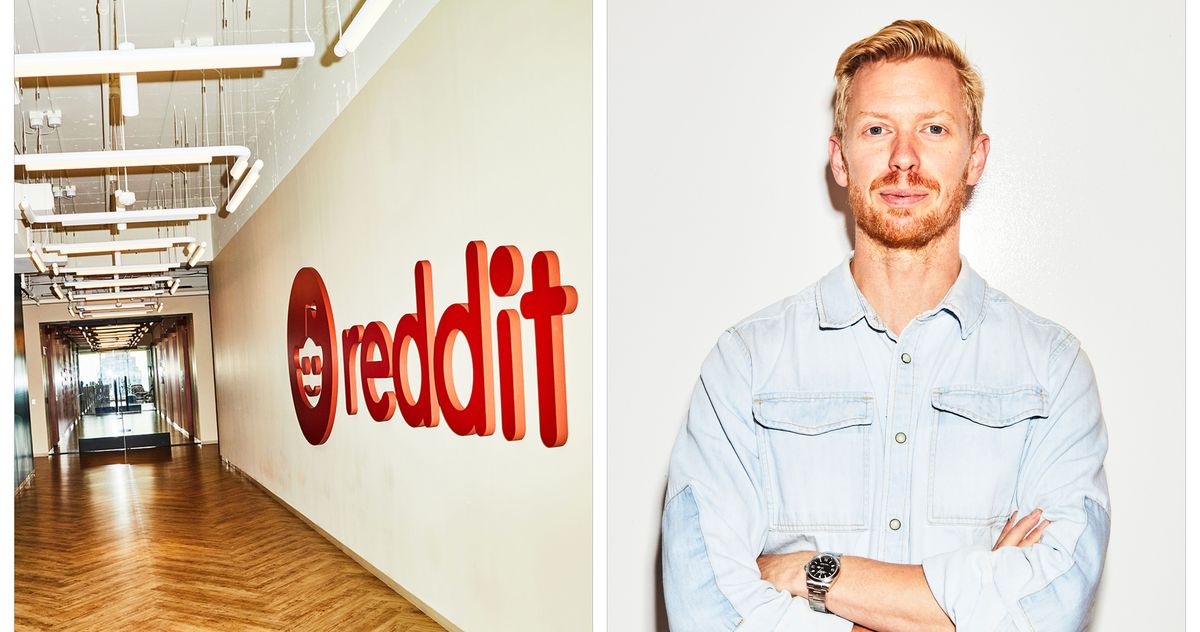Peering into a New Year

And just like that, there is a crisp bite to the morning air, the shelves are starting to fill with marble notebooks and protractors, and movie trailers are leaning spooky. But yet heirloom tomatoes and fresh corn are peaking and every third email results in a vacation autoreply. I love August for its threading of two seasons, its promise of the autumn to come while still in the easy grasp of summer.
BE THE SPARK - Thoughts on Teaching and Learning
I keep waiting for the dominance of matters generative AI to wane, but it seems as this new academic year dawns that it is more on the hivemind than ever before. Judging by my read of social media, recent revelations of ChatGPT being integrated into our learning management systems and the debut of Chrome browser extensions that can answer quiz questions even inside lockdown browser software have provoked feelings of almost existential dismay.
As I revamp my own fall syllabus, I'm finding this article by educational developer and writer Flower Darby to be both helpful and reassuring.

It is frank, clear, and actionable. Just what we need in the present moment.
STRIVING - Emotion, Motivation, Our Synchronous Selves
One of my favorite bodies of psychological research is that of neural synchrony, the ways that our emotions, motivations, and thinking tunes in to each other as we interact. I was thus delighted to see two researchers at the forefront of this research write an easily accessible overview of the current state of this work for Psyche magazine, just in time for my fall Emotion & Motivation syllabus.

On the motivation side, one of my summer projects has been to finally set up a Second Brain process. For the uninitiated, a second brain refers to outsourcing notes, links, and ideas to an external source so that you can declutter your actual brain and also not lose track of ideas or resources that resonate with you. It is complementary to the productivity system known as "getting things done" which similar argues that to achieve your goals while also prioritizing your well-being, you should externalize much of your mental chatter by closing open loops and trusting in a to-do list system.
The second brain approach is detailed in this book by Tiago Forte, which was better written than I expected (my expectations for productivity books being generally and perhaps unfairly low). A section I especially appreciated was one that drew parallels between this very contemporary, somewhat tech-bro-y movement and the "commonplace books" kept by people like Octavia Butler and Benjamin Franklin, little books of doodles and thoughts and scribblings that many credit as a source of profound creativity and prolificness.
In a nice bit of synchrony, the same month I was setting up my system Robert Talbert shared a blog post about how he approaches this process using the same digital tool I have chosen for my second brain (Obsidian). Rather than explain my process, you should read his!
OUR MONSTERS, OURSELVES - Uncertainty, Challenges, Mental Health
I am thrilled to be joining a virtual Teaching Professor conference on Mental Health & Well-Being this November as the opening plenary. I'm also honored to be paired with closing plenary Rebecca Pope-Ruark.

INCIDENTALLY - The Website at the End of the Internet
The marvelous Douglas Adams once claimed that there are three rules governing reactions to new technology. They go like this:
1. Anything that is in the world when you’re born is normal and ordinary and is just a natural part of the way the world works.
2. Anything that's invented between when you’re fifteen and thirty-five is new and exciting and revolutionary and you can probably get a career in it.
3. Anything invented after you're thirty-five is against the natural order of things.
Finely observed, and an accusation you could lodge against my feelings on all things AI (my thirty-fifth birthday being well in my review mirror). But something that feels perverse to me about the current age of technology isn't that shiny new inventions are against the natural order of things, but that we are breaking many already-invented things that were actually working quite well. There are logical patterns and reasons behind the process (new products and platforms emerge to attract users, then turn to pleasing advertisers rather than consumers, then get too big to fail and just gobble up any competing companies rather than innovate, etc.), but understanding the why doesn't make the experience any less dismaying as a user of technology. Witness the deterioration of Google search. Or anything run by Meta, platforms that for all their issues were once quite fun.
These declines have been making me grind my teeth a little extra these days, which may have been why this longread on a resurgence of Reddit grabbed my eye. Turns out, what most people want is to interact with other people. Turns out, older technologies actually worked better than soulless artificial intelligence. Turns out, the human trumps the machine.

“I think what will stay constant is that human beings want to talk to each other,” he says. “People like talking. They like asking questions, they like hearing answers, they like giving answers, they like having a few laughs, they like being helpful.” The big social platforms don’t offer that anymore, and chatbots can’t either. “The core of Reddit actually becomes more valuable over time when the rest of the internet turns into AI.”
It is a complicated story (give it a read!) but the idea that there is still some power in voting for what we want from technology with how we spend our time and our clicks gives me some hope in these enshittified times.



